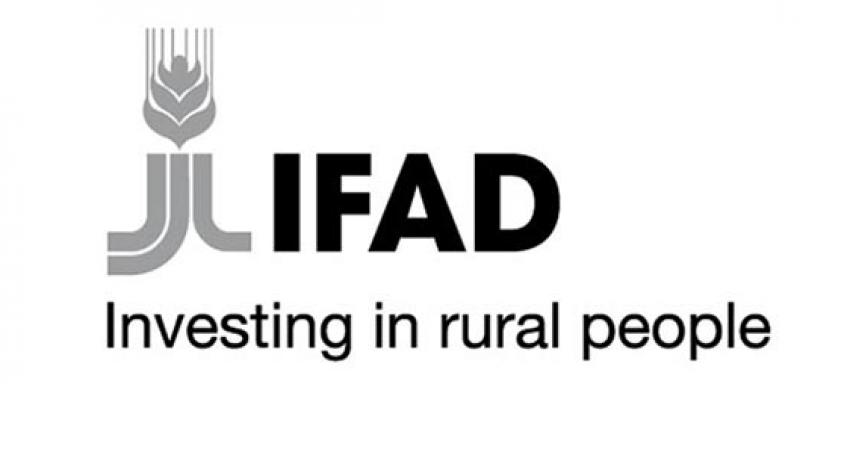Focal point
Location
The International Fund for Agricultural Development (IFAD), a specialized agency of the United Nations, was established as an international financial institution in 1977 as one of the major outcomes of the 1974 World Food Conference. The Conference was organized in response to the food crises of the early 1970s that primarily affected the Sahelian countries of Africa. The conference resolved that "an International Fund for Agricultural Development should be established immediately to finance agricultural development projects primarily for food production in the developing countries". One of the most important insights emerging from the conference was that the causes of food insecurity and famine were not so much failures in food production, but structural problems relating to poverty and to the fact that the majority of the developing world's poor populations were concentrated in rural areas.
IFAD's mission is to enable poor rural people to overcome poverty.
IFAD is dedicated to eradicating rural poverty in developing countries. Seventy-five per cent of the world's poorest people - 1.4 billion women, children and men - live in rural areas and depend on agriculture and related activities for their livelihoods.
Working with rural poor people, governments, donors, non-governmental organizations and many other partners, IFAD focuses on country-specific solutions, which can involve increasing rural poor peoples' access to financial services, markets, technology, land and other natural resources.
Resources
Displaying 21 - 25 of 102Investing in rural youth in the Asia and the Pacific region
Thispaper characterizes the structural and rural transformation of the Asia and the Pacific region(APR), highlighting the implications for rural youth opportunities and challenges, and identifying andelaborating on the characteristics, opportunities and challenges related to rural youth inclusion. Nearly half of the population in Asia is urban, with the proportion projected to rise to 59 per cent by 2035.
Investing in rural youth in the Near East, North Africa, Europe and Central Asia
Countries of the Near East, North Africa, Europe and Central Asia (NEN) region face a myriad of social, economic and political challenges that have stalled their structural and rural transformation processes. This has had a detrimental impacton rural youth, who, as a result, face limited economic opportunities. The NEN region has the highest youth unemployment rates in the world. Weak education systems are failing to provide youth, especially in rural areas, with the cognitive and non-cognitive skills they need to compete in a global economy.
Youth access to land, migration and employment opportunities: evidence from sub-Saharan Africa
This paper examines the intersections between youth access to land, migration decisions and employment opportunities using nationally representative and multi-year data from multiple African countries. We document evidence on the evolving dynamics in land distribution and ownership patterns, the effect of land access on youth livelihood choices and development of rental and sales market in the region.
The kingdom of Lesotho: Country strategic opportunities programme 2022 2025
This document prepared by the International Fund for Agricultural Development (IFAD) identifies strategic opportunities with the goal of contributing to the transformation of rural Lesotho towards a more resilient and economically productive environment that allows its population to sustain their livelihoods and overcome poverty and malnutrition. It sets out to identify initiatives which can contribute to inclusive commercialisation of the rural economy and creating an enabling natural and business environment for sustainable and resilient rural transformation.
La ventaja de América Latina y el Caribe - La agricultura familiar: un factor decisivo para lograr la resiliencia de la seguridad alimentaria y la nutrición
Según un nuevo informe presentado hoy por el Fondo Internacional de Desarrollo Agrícola (FIDA), los proyectos de desarrollo que integran las inversiones en los pueblos indígenas rurales, los jóvenes y las mujeres con medidas para adaptarse al cambio climático tienen más probabilidades de tener éxito en América Latina y el Caribe.






